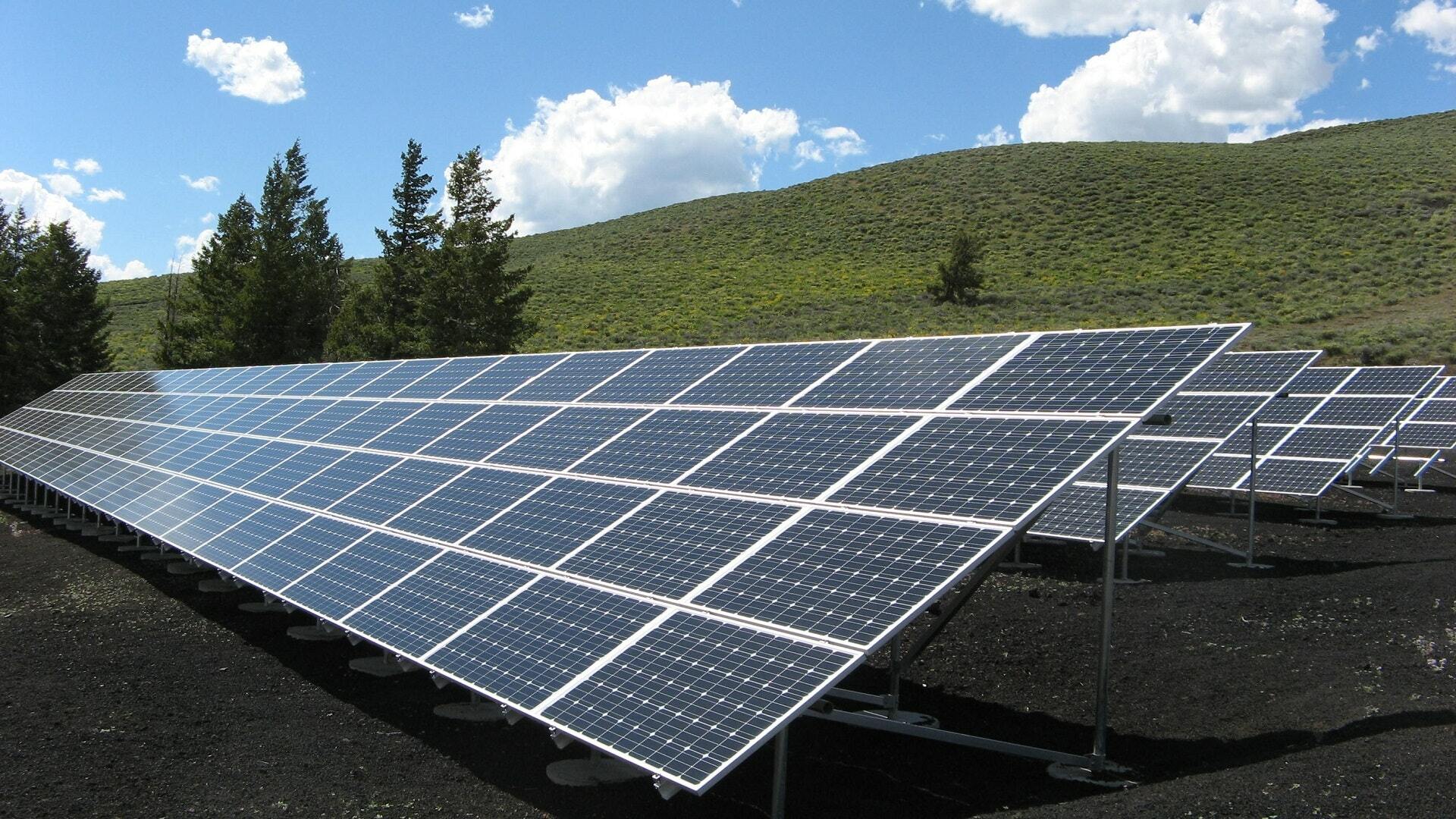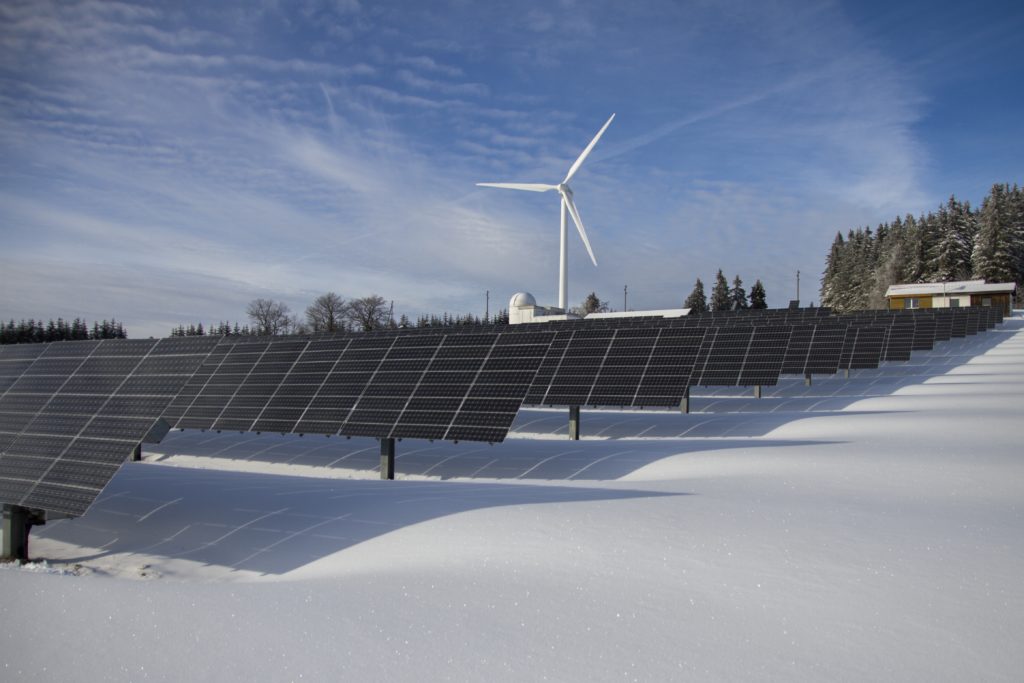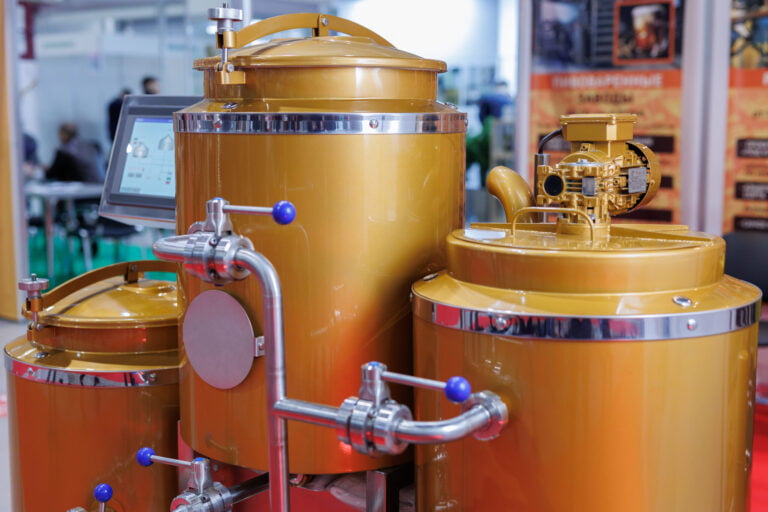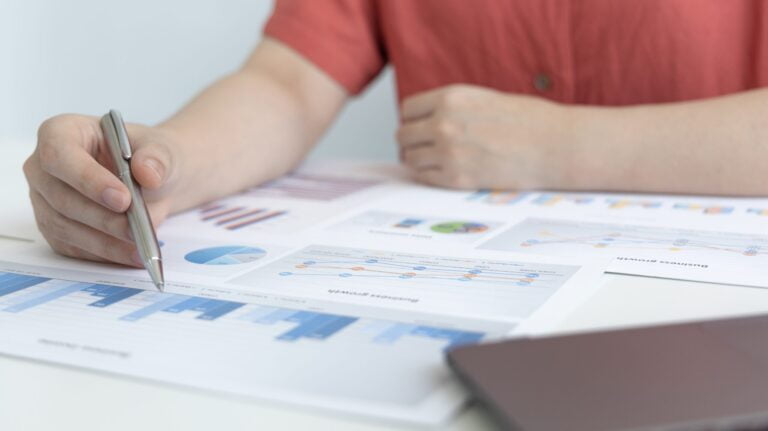Solar panels are a great way to power your home while saving money and investing in a sustainable future for our planet. Solar panels are an investment, however, so it’s natural for homeowners who live where rain is frequent to wonder if solar panels are waterproof. The short answer is: yes, they are. The full answer will help you understand why it matters.
Solar panel basics
Our sun is a giant reactor that outputs an enormous amount of power in the form of photons. These photons travel to Earth in less than 10 minutes and are one of the important keys to continued life on our planet.
Integrity Solar Solutions, who offer solar panels in NY, allow you to harness this power with solar cells. When a photon hits a cell in your solar panel, electrons get knocked loose. These freed electrons attach to the conductors on either side of the cell. As the electrons flow through these circuits, they generate electricity.
Are solar panels worth having if it rains a lot?
It’s easy to assume that solar panels aren’t of much use in a place with regularly gloomy weather. After all, solar panels need the sun, right? Yes, they do, but they only need the photons the sun gives out. They don’t need direct, clear sunshine to work.
The sun’s photons will reach the solar panel whether or not there are clouds and rain, and cooler temperatures can even enhance the effectiveness of solar panels. Since cloudy weather usually brings cooler temperatures with it, you can still save a lot on your energy bills by going solar: even if you live in a place with a lot of cool, cloudy weather.
How do solar panels resist water?
Solar panels are designed to spend their whole lives outside, exposed to the elements. If they weren’t waterproof, they would never be able to last the 30 to 40 years that make up their potential lifespan. Solar panels are not only waterproof, but they are also designed to withstand winds, snow, and even hail.
Solar panels are covered in a double protective polymer-based sheet that protects them from wet, weight, and hits. Special frames and glue provide further protection, and the racking system used when your solar panels are installed keep them from being damaged by most wind short of hurricane force gales.
What if there is water damage?
Whenever anything is manufactured, there is a small chance that there will be some kind of construction defect. If that should happen, and if one of your panels should let water in and damage the electrical circuits, it’s almost always protected by warranties.
Solar panels come with a warranty for quality materials and construction, and equipment warranties cover issues like leaks or other manufacturing defects. A separate warranty, the production warranty, covers performance issues.
How much can I save with solar panels?

There are a couple ways that you can save money by installing solar panels. If your energy bills are high, solar panels can help. If your utility bills are moderate but your area offers tax breaks or subsidies, you can still save a significant amount of money by installing solar energy cells.
Integrity Solar Solutions can give you more information about the specific situation in your area. They can help you understand tax credits and incentives as well as plan out your energy bills and potential savings and brainstorm the most effective installation.
On average, a new solar system for a residential structure pays for itself within six to nine years. Since these systems can be expected to last at least 20 years, and even as much as 30 or 40 with careful care and maintenance, there’s a lot of potential for long-term savings.





